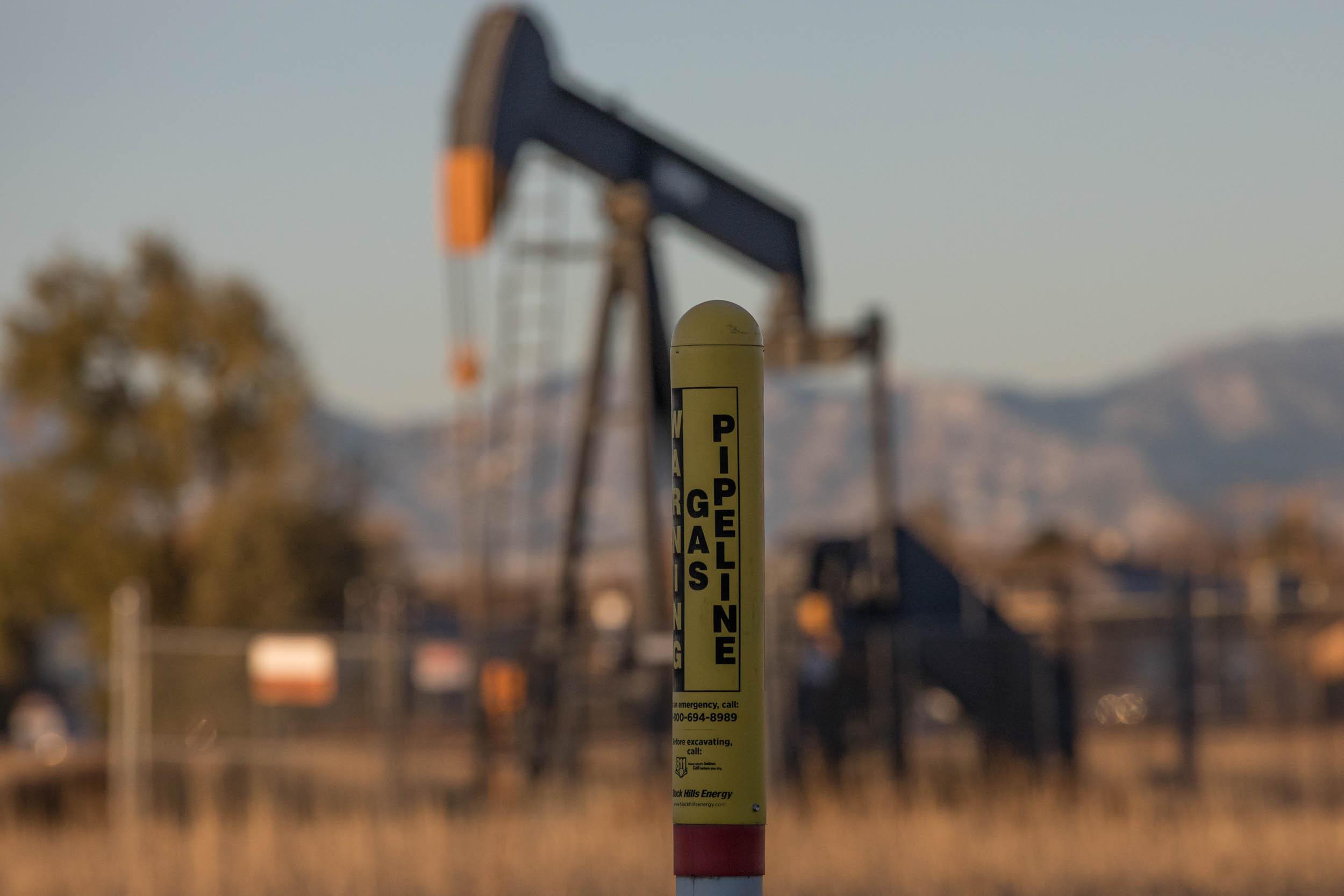
Updated 2:12 p.m.
Colorado could be losing millions in tax revenues. A new state audit finds that oil and gas companies operating in Colorado have failed to submit thousands of monthly reports used to track how much energy they produce.
In turn, those reports help the state determine if the companies have paid the right amount of taxes.
The audit also says regulators aren’t imposing penalties or tracking the missing or incomplete production reports.
“Based on these assumptions, we estimate that operators would have been subject to about $308 million in penalties for delinquent reports for the 30-day period, none of which the [Colorado Oil and Gas Conservation] Commission actually imposed,” according to the audit.
The chair said members of the bipartisan Legislative Audit Committee appeared to be shocked at the findings. Republican Sen. Jim Smallwood, another member of the committee, said the audit revealed a systemic weakness in Colorado government.
“I hope that the [COGCC] heard us loud and clear about our desire to see things turned around in these areas and that we will see an immediate fix to these deficiencies.”
The audit said 10 percent of operators also filed reports with missing information.
The COGCC contests the fines figure that the audit arrived at and pointed out that penalties are a compliance mechanism, not a revenue source.
“The audit's $308 million figure assumes that all operators did not comply after receiving a notification and that all were fined at the maximum amount,” said the COGCC’s statement. “We know that when operators receive notifications, they tend to comply before a penalty is assessed.”
A spokesperson did say the commission is thankful the audit has pointed out deficiencies in their processes. An IT fix is in the works to accurately track the production reports and to identify missing or incomplete reports. That update is expected to be completed by the end of January.
“The audit really exposed a lot of gaps that we think can be easily remedied,” said Republican audit committee chair Rep. Lori Saine. “The commission has agreed to do these things.”
In 2016 alone the audit said one company failed to submit as many as 1,123 monthly well reports. That potentially totals an additional $2.6 million in severance taxes that the operator would have owed the state.
“It was distressing to see that there was a culture of acceptance of not filing forms,” said Rep. Dafna Michaelsen Jenet, the Democratic vice chair of the committee. “And the top producers are the biggest violators and we're talking about thousands upon thousands of forms not filed. ”
Michaelson Jenet notes that “without that data, we can't assess severance tax.” The state oil and gas commission has agreed to meet with the audit committee again in July.
Not discussed in the audit but on the mind of Michaelson Jenet is the broader question of how the state collects taxes from oil and gas operators. She said that most states follow the system of taxing the value of produced oil and gas. Right now, Colorado taxes gross income from produced oil and gas.
“So, number 1, we're leaving money on the table. And so I asked the question, ‘when was the last time that this was discussed or when did we determine that this was the way we do it?’”
Any change to how severance taxes are collected would surely be controversial. In 2008, Colorado voters defeated a statewide ballot initiative that would have increased the amount of state severance taxes oil and gas companies pay, primarily by eliminating an existing state tax credit.









